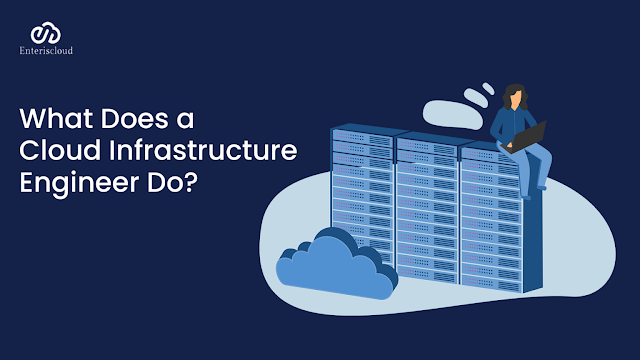What Does a Cloud Infrastructure Engineer Do?

Cloud computing is continually evolving in the market. People looking for cloud migration are looking for cloud engineers, but they might confuse about “ what does a cloud infrastructure engineer do ? ” This article will discuss a cloud engineer's roles and responsibilities. It's tedious to stay updated with the new cloud computing trends. Discussing trends in cloud computing to start a career in cloud computing is the present and latest catchphrase. Who is a Cloud Engineer? In this technological world, cloud computing is becoming a must-have necessity from luxury to have. Due to this, the need to hire IT Professionals who can help in the cloud migration process is also increasing. These professionals are hired to manage all the cloud-related tasks. This is just an introductory part of the cloud engineer’s job role. An IT Professional who can build and maintain cloud infrastructure is known as a cloud engineer. There are some other specific roles of a cloud engineer, such as c...


